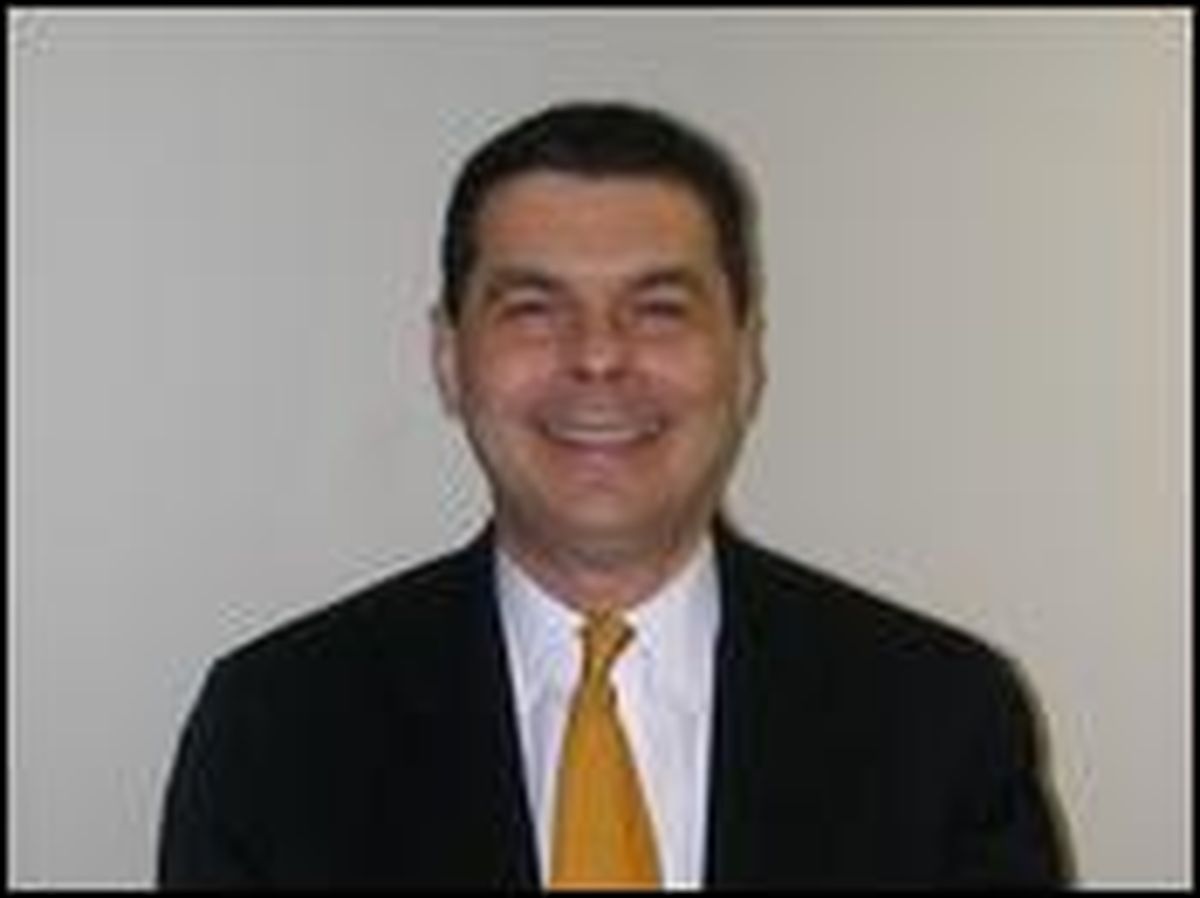fighting life’s curveballs
One-time Indians voice now calls shots against prostate cancer

Ed Randall is a storyteller.
He has something to say every Sunday morning on WFAN in New York, his Talking Baseball show one of the most popular in the media capital of the world.
One of his best tales is how his broadcasting career got off the ground in Spokane because of a chance encounter in a New Orleans elevator.
But Randall really gets rolling when he talks about being alive and his charity to fight prostate cancer, Ed Randall’s Bat for the Cure – www.erbatforthecure.org.
“As I’m fond of telling people, I got a second at-bat. I could have died,” he said, referencing his cancer diagnosis eight years ago. “I’m proud I advanced through the business and thank God I’m doing well. But this charity and its message is the most important thing I’m going to do the rest of my life.
“I was 47 with no history of cancer in the family and no symptoms when I was diagnosed. I was full of cancer. Thank God it was detected early and here I am in remission.”
Randall spearheads an annual campaign where information about prostate cancer is provided at minor league ballparks and men can get tested. The visual is baby blue sweatbands and the date for Spokane is Monday, Sept. 1.
“We hope that men will come over to the table and get material and begin to take possession of their health, because men are idiots and don’t go to doctors,” Randall said. “There are 240,000 new cases of prostate cancer each year. It’s a third-larger than breast cancer. We have a tremendous amount of work to do. I am literally living proof of a simple blood test can save your life.”
Randall has enlisted a number of prominent cancer survivors and baseball people he met along the road during more than three decades of working in sports.
The trip didn’t start in Spokane, it just got going here.
After graduating from Fordham, Randall broadcast games for Almira (Red Sox) in the New York-Penn League. It was only work by definition, the Red Sox affiliate didn’t pay him until he negotiated for $3 a game.
“The advantage came at tax time, it was easy to do your return,” he said. “To sustain myself I worked at McDonald’s, where I dressed your Big Mac. I was very generous with the lettuce. … When you walk into McDonald’s with a Fordham diploma, you’re gold.”
After the 1974 season he wrote to every Double A and Triple A organization and then paid his way to the Winter Meetings in New Orleans. Working the lobby of the hotel, he pestered anyone and everyone, handing out his resume and tapes.
The night of the banquet, Randall got on an elevator on the 16th floor and headed down.
“My elevator came down and stopped on nine,” he recalled. “A man I’ve never seen before walked in and it was just him and me. I’m pretty shy but something told me I had to talk to him. I said, ‘Excuse me, can you tell me who you are?’ He said, ‘I’m Bill Cutler.’ ”
Randall gave his spiel. Cutler affirmed he got the letter and said he was contemplating a change in broadcasters. Shortly after the meetings, Cutler hired Randall for $2,500 for the 1975 season.
“I remember the day I got off the plane and Bill Cutler picked me up,” Randall said. “We went to a Chinese restaurant on Division. There were all Caucasian waitresses. Coming from the melting pot of New York, I found that quite fascinating.”
He stayed with Katie Saccomanno, whom he called the den mother to many minor leaguers “when Spokane was really the jewel of the minor leagues.”
It was an enjoyable time, although after two championship seasons the Texas Rangers affiliate went 65-74 in Randall’s one season with the team.
Randall’s take: “(Rangers manager) Billy Martin was making life hell, taking players and sending none down.”
The other downside was recreating games from Southern Division cities after initially being told he would travel.
But that didn’t hamper his future.
“You’re only as good as your resume,” he said. “Being able to have that on my resume was very powerful. It was a nice summer. I was 23 and here I was nine months out of Fordham and a step away from the major leagues.”
But there was some uncertainty because the Rangers were thinking about leaving, the broadcasts were going to change stations. Randall returned to New York and weighed his options. He got a job at a small advertising firm that would pay for a post graduate degree at Fordham.
But after two years “I stopped lying to myself, I missed it too much,” Randall said and he returned to broadcasting. His next stop was the PCL team out of Vancouver for the 1978 season.
Now, in addition to his Sunday morning program on the Mets’ flagship station he works fulltime for mlb.com in the multimedia division.
Overall he worked seven different minor league seasons and spent 22 years with ESPN.
Now 55 – “only 51 in the Mexican League” – Randall said, “I don’t want to work for a living so I’m going to do this as long as I can. I’m grateful to still be in the business. The show I’m doing now is the most popular I’ve ever done. It’s a great platform for the charity, I’m able to mention it on the air.”
So much of the success goes back to a chance meeting in a New Orleans hotel.
“When I talk about my career … what if I had gotten on a different elevator, what if Bill Cutler hadn’t got on? My life would be different. … Life is looking over Eddie. It gives me chills.”